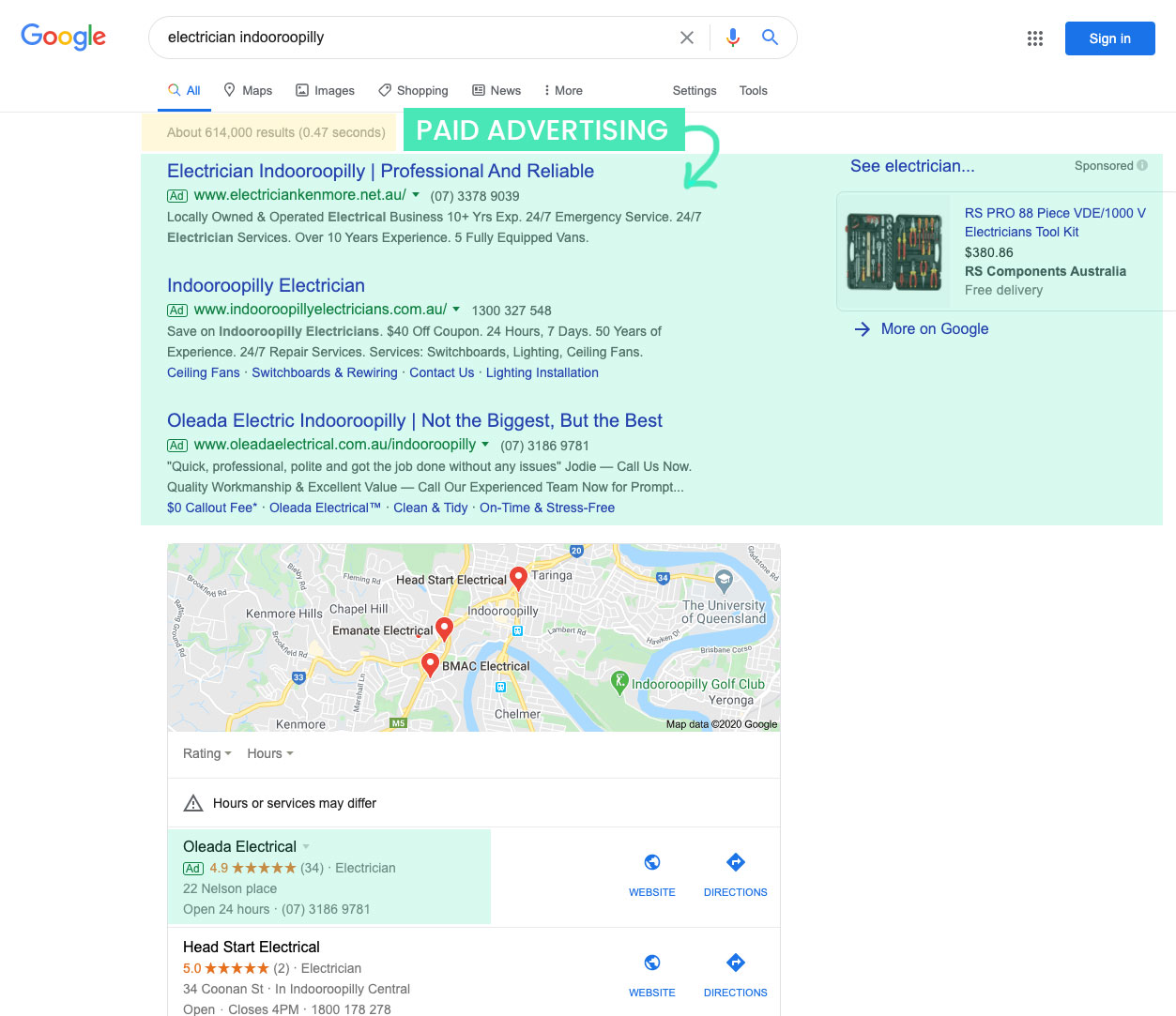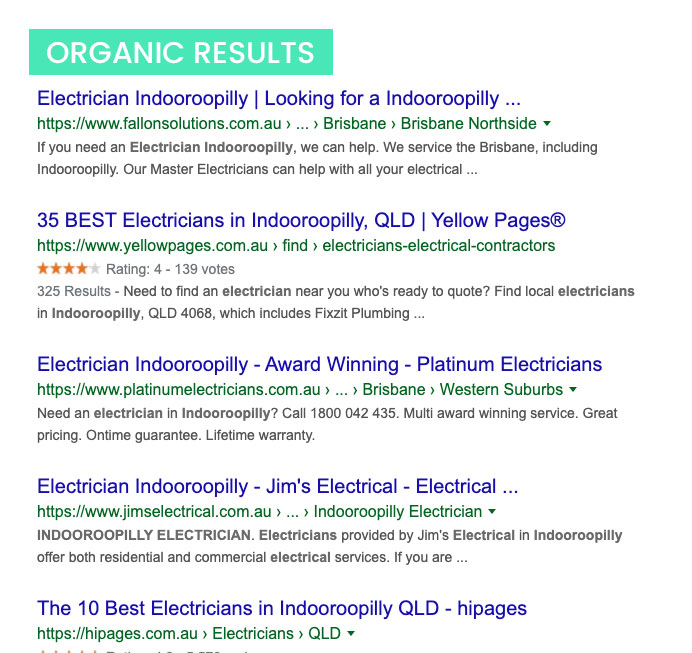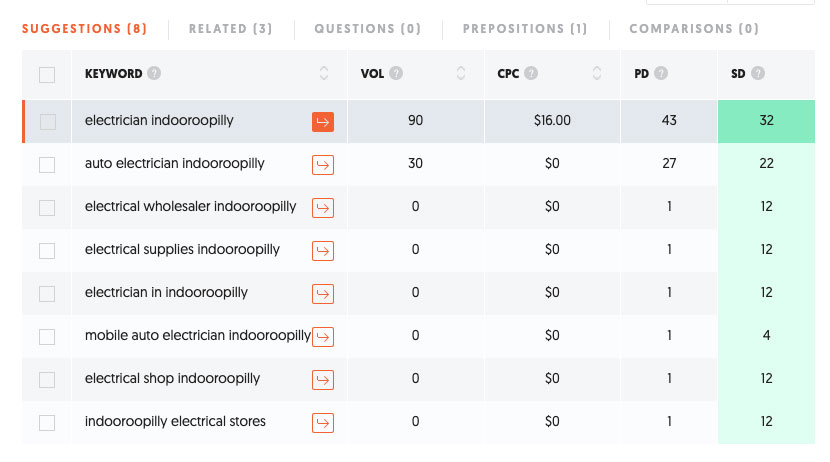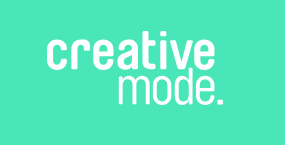Your business goals may be well supported by a search marketing strategy … or, they might not. But how do you tell and why does it matter? Well, it matters because small business digital marketing budgets demand efficiency and with that comes the need to focus on what will deliver results. You need to know the size and competitive nature of your ‘search market’ because this informs your strategy and determines both the level of investment needed for online advertising and the time you might need to spend chasing top of page one results in Google.
Let me explain what a search market is, where to find the information on your search market and how to use this information when planning your digital marketing. A single keyword phrase will be used to demonstrate. Please be aware this is not an actual plan because there’s a lot more that comes into play.
So let’s get started.
What is a search market?
Your search market is the number of actual searches that happen for the keyword phrase(s) you are targeting. So let’s use the example of an electrician serving the local area of Indooroopilly. Before we put together a plan we would need to find out just how many people actually type the words ‘electrician Indooroopilly’ into Google. We also want to look at how competitive the search phrase is because combinations of demand and competitiveness will give rise to different strategies.
Some places you can find this data for free:
Google search
A simple search in Google will tell you roughly how competitive the phrase is. Look at the number of results that are returned for the search (shown in the yellow highlighted spot below). In this case to win at organic (the free results) you will need to be more relevant and useful than the 614,000 other websites returned for this search (don’t worry if it looks daunting at this point, other factors come into play).

Next, look at the type of search results and what sort of organisations are listed. Is it small business sites, directories, industry sites or large brands? This helps you understand what Google thinks about that search market, what sort of competitors you have in that space and where you need to be in those results to get visibility. In this case, the results are dominated by paid advertising and location based listings (see above). From that, I’m guessing a lot of the searches for this type of business are mobile based. The organic search results (see below) don’t even feature until you scroll down the page. The organic results here are dominated by large franchises and directory websites. Tough market! Don’t rule it out yet… let your strategy decide.

Ubersuggest
You could then jump into Ubersuggest which is a keyword discovery tool by the famous SEO guru Neil Patel. Here you’ll find information that will tell you quite a lot about the size and competitiveness of the search market including the likely costs for paid search advertising. This keyword phrase shows 90 searches per month for our keyword phrase. We can also see that if we were doing any advertising we might want to add the word ‘auto’ as a negative keyword as those searches wouldn’t be relevant to us but you can see they could be considered ‘related’ to our main search in Google (and we don’t want those ones).

Google Keyword Planner
The Google Keyword Planner (only available if you are logged in to the Google Ads interface) provides actual data and helps you understand the costs around paid advertising for your keyword phrase. (NOTE: The data below is a search in an unrelated ad account and isn’t showing what an actual electrician would see).

Google Search Console
If you already have Google Search Console on your website you can gain further understanding there. You’ll be able to see how many impressions you’re actually getting and which pages are ranking for particular keyword phrases (hopefully the one you’re researching will be in there).
Using the search data to inform strategy
What to do if you find there’s a very small search market for what you would consider a main keyword phrase? Well, don’t just rule it out. First, consider the other side of the equation which is: what is there to gain if you get a conversion? This could be from paid advertising or from a top ranking organic keyword search result. I like to try a few tests and see what the response is before I give up. If you’ve been doing digital marketing for a while, you can see pretty quickly what will work. A couple of changes on a website will show how responsive a site would be to future work on organic search results and a well set up test ad campaign and landing page will provide data to see how easy it will be to get conversions. If you get good results from the tests then you might not necessarily rule out chasing a small search market. A small search market that has high conversions can be good if the profit on a conversion is higher value than the spend right? So you can see that actually there is even more to consider when putting together. strategy, because the average sale value and expected profits on what we’re selling is also part of the equation.
If you don’t get good results or you find the competition and costs are too high? Consider why and perhaps look at other avenues. You may find your product or service is not great for direct response marketing and instead needs a different tactic. I know quite a few ways to get your business in front of your target market and it’s not just limited to Google. The good news is that often, the different platforms and channels can work together quite well – amplifying results. But that’s another article I think.
I hope this has been enough of an introduction to understanding your search market and how the size and competitiveness of your search market will inform your digital marketing strategy. Research is an essential first step for any kind of advertising or effort into paid and organic search engine marketing. It’s actually a good test for a new business idea too (or if you’re buying a business).
So next time someone in your organisation says ‘we should be ranking for ‘x’ keyword phrase why aren’t we’? You might just be responding with the words ‘well actually we researched that phrase and there are only ‘x’ searches a month and high competition so we are instead doing …’. You get the idea.
Enjoy your week!
